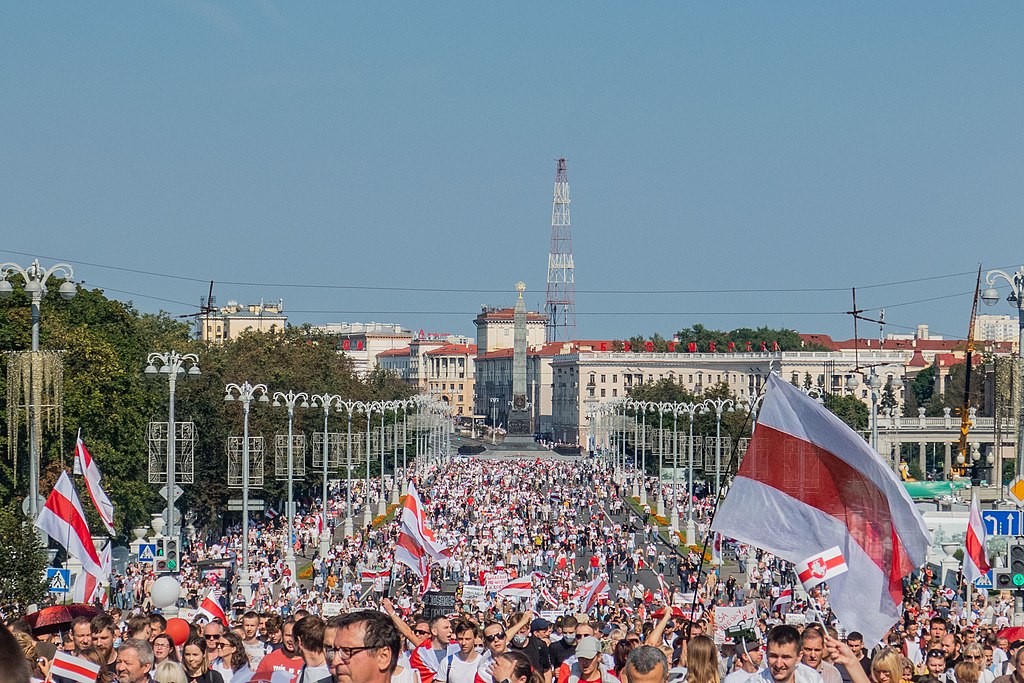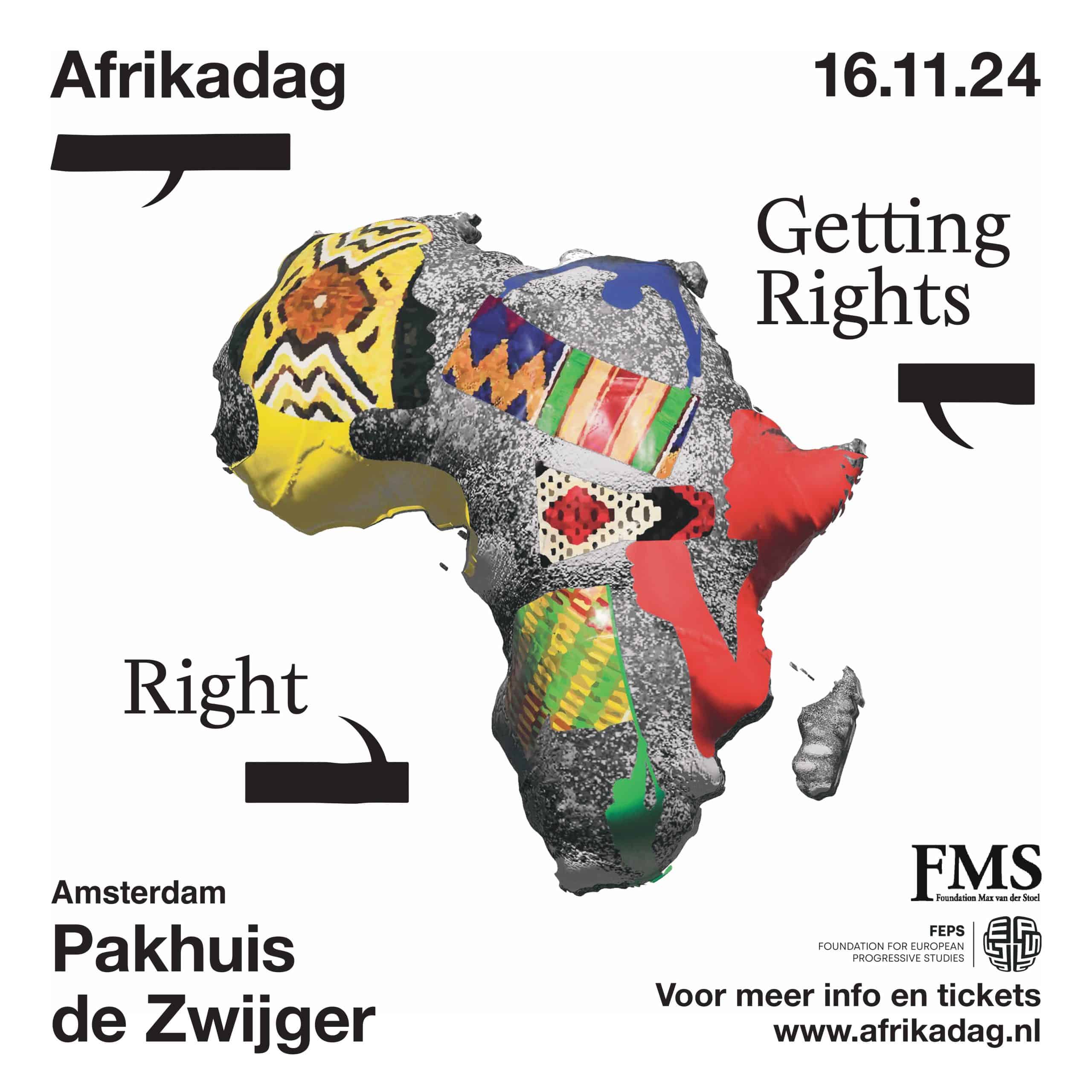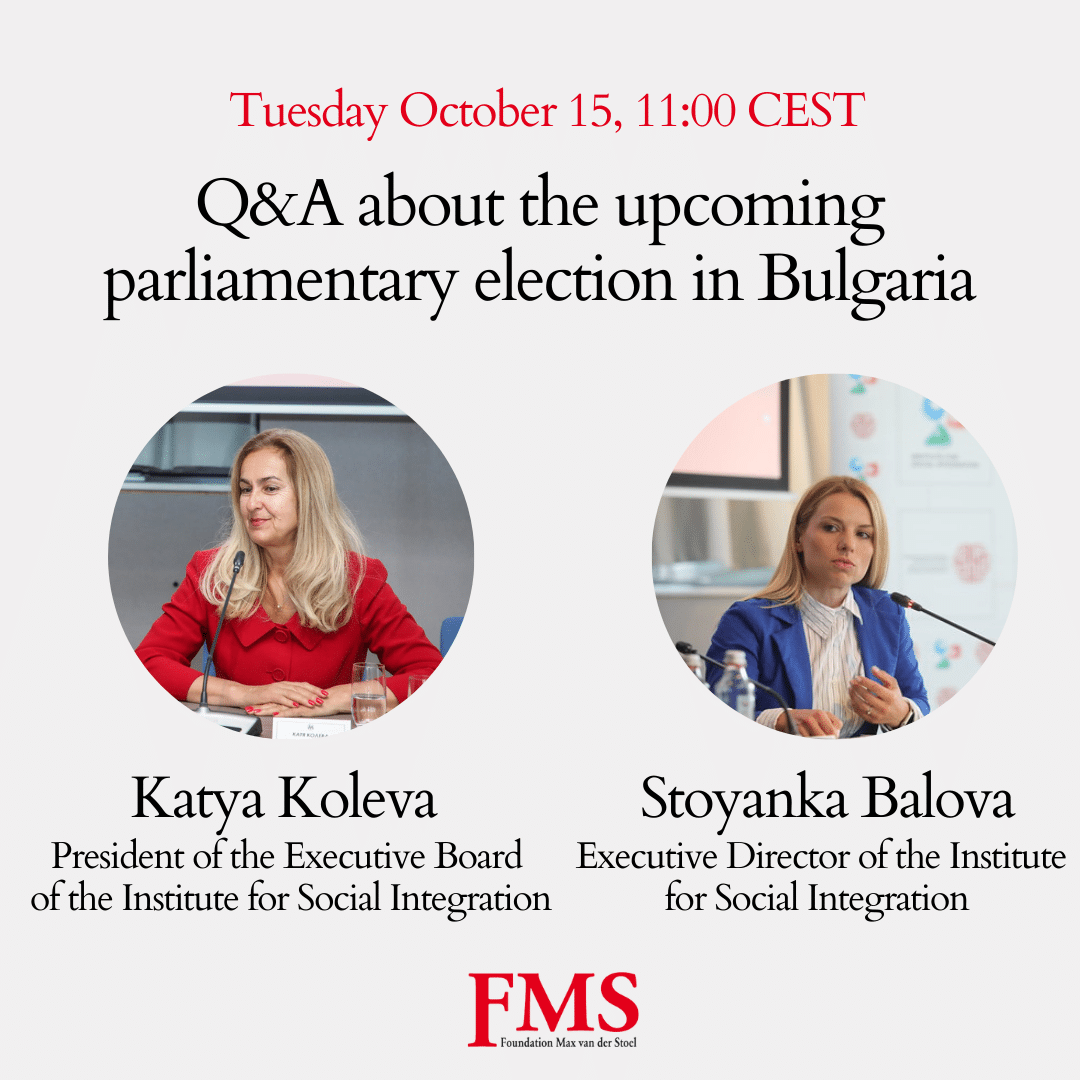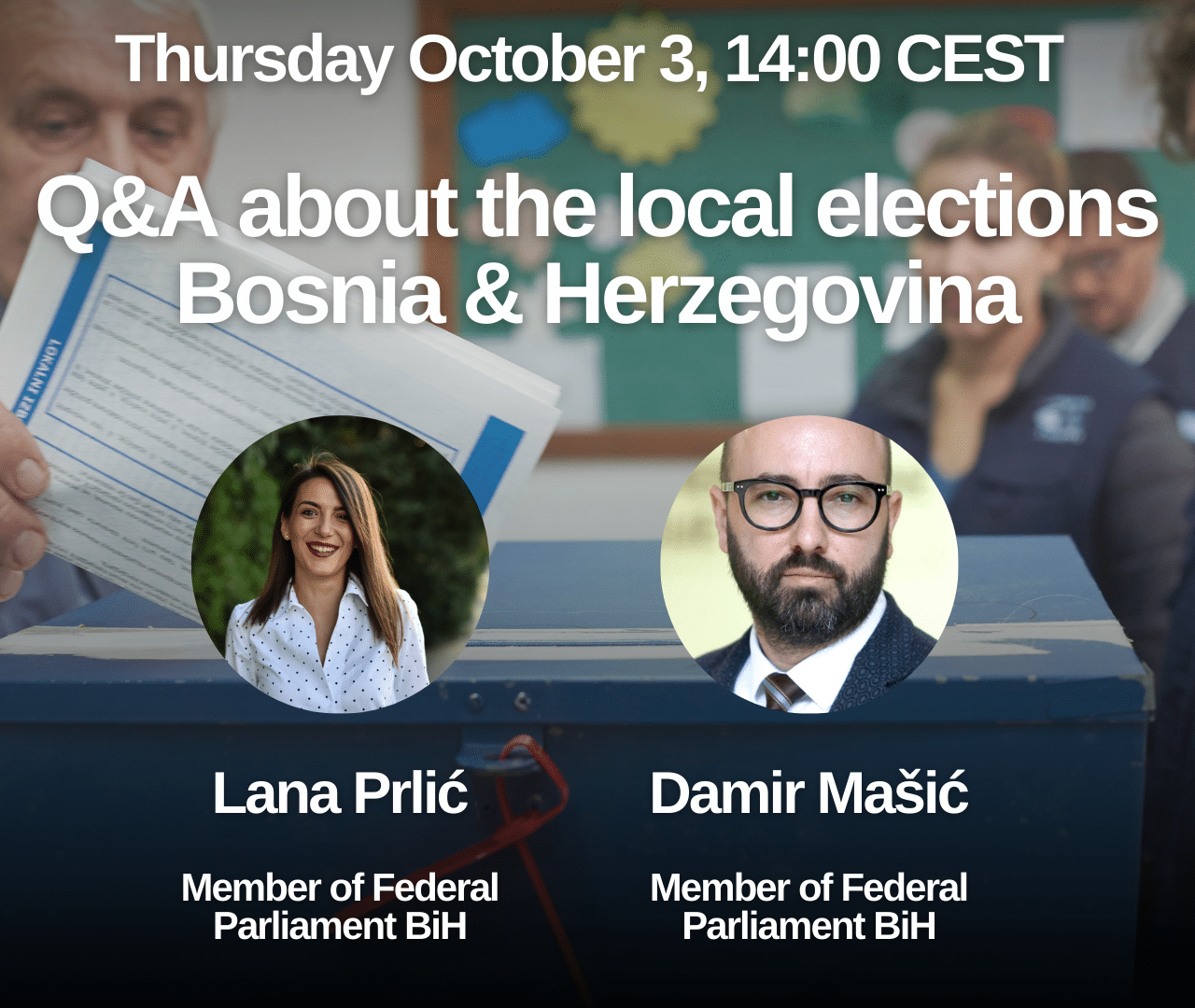Photo: Protest rally against Lukashenko, 30 August 2020. Minsk, Belarus (WikiMedia Commons)
August 2020. More than three years have passed since the massive protests in Belarus following the dubious presidential election won by Alexander Lukashenka. Tens of thousands questioning the election results took to the streets. These mass protests were then harshly crushed by the regime of Lukashenka, who has held power in the country since 1994. Torture and beatings were no exception during this period. Political parties were banned and every word, every act against the regime, is punished with disproportionate prison sentences. Since then, the opposition has been living in exile and repression in the country has remained unabated. Activism, however, continues unabated.
Political prisoners
There were also protests in the months before the presidential elections, against the detention of opposition candidates. It is difficult to find out the official numbers of political prisoners. Actually, anyone tried by the regime is a political prisoner because politics has interfered in the legal process, through the legal frameworks it establishes and enforces. It is known that at least 1500 persons detained as political prisoners, following politically motivated, unfair and far from transparent trials. Charges range from "organising riots", "terrorist act" to simply insulting the president or state symbols. Prominent prisoners like Mikola Statkevich (convicted of 14 years) and Sergei Tikhanovsky (19.5 years) are figureheads for the many innocent prisoners. Most are jailed for speaking out in some way against the current regime and calling for democracy. Moves that should not lead to prison sentences of many years. Not only is the trial highly questionable, once in the cell one is treated disproportionately; little food, no medical care, overcrowded cells and sleeping or the floor belong to the norm. Attention to the situation of political prisoners is as important as ever. The European Parliament has called for continued support for political prisoners and greater pressure on the regime through sanctions.
Life in exile
Those who managed to escape persecution were forced to flee to neighbouring Lithuania and Poland, as well as Georgia and Germany. An estimated diaspora of 60,000 Belarusians in Lithuania and towards the 100,000 in Poland - much of it since 2020. The opposition struggle continues from here, for both the diaspora and those still in Belarus itself. Contact is possible sporadically, although enormous caution is required in this regard. The regime deliberately reinforces in- and out-country tensions through 'they have a rich life there' propaganda. It strips the legitimacy of the diaspora by dismissing them as no longer Belarusian. That they live a pleasant life is nonsense - refugee Belarusians are traumatised by years of repression and events in 2020 and enormously fearful of what happens at home. Families have been torn apart and the regime punishes the family still in the country when it receives information that diaspora members are continuing their opposition campaign.
What makes life extra difficult is that the diaspora does not always feel welcome in the country of exile. Residence permits for political refugees are under discussion in Lithuania, for example. There is fear of alleged Belarusian, historical claims on Lithuania that would jeopardise national security, especially towards important elections in Lithuania in 2024. It is vital to support democratic forces in Lithuania on a European level - so that Lithuania can continue to be a safe haven of hospitality for democratic Belarusian activists.
Future prospects
The opposition may have been crushed in 2020, but the protest movement has not failed and is finding its feet by continuing to make its voice heard elsewhere. Protests still take place weekly in cities such as Vilnius and Warsaw. There is also activity from the opposition in diaspora at the diplomatic level. In response to the presidential elections and protests, several organisations have formed the so-called Coordination Council. Led by Svetlana Tichanovskaya, political parties, trade unions, lawyers, academics and activists are trying to spread the voice of the opposition, by necessity abroad. The Council is the "representative body of the Belarusian people" and acts as an alternative government, preparing for a democratic Belarus.
Economy
Economy remains the most important issue for Belarusians in the country. This means that the opposition's campaign should not be based entirely on democratisation, but at least as much on the economy. Indeed, these two elements reinforce each other. Currently, the political situation creates negative effects on the economy, but this can also be reversed. The rise of the IT sector in Belarus - 5,8% of GDP by 2021 - has run out of steam due to many departing workers and companies, mainly to Lithuania and Poland. Emigration in particular took place in August 2020 due to the internal political situation, as well as in spring 2022 due to the warm ties between Lukashenka and Putin. In a free and democratic Belarus, the IT sector can flourish and facilitate a flywheel effect for the Belarusian economy, as Estonia has revealed.
Pluralism
Second, it is important to support a broad opposition. Supporting a broad political playing field with parties from across the spectrum is important to ensure a competitive and attractive political alternative. So not only Tichanovskaya's party, but also smaller parties should continue to be supported so that every Belarus feels represented.
Any dissenting voice in 'Europe's last dictatorship' is still firmly suppressed. For now, it seems important to keep raising the opposition voice and wait for a new 'window of opportunity'. Continuing to draw attention to the political situation and situation of political prisoners so that people stay informed and it stays on the European agenda is essential. It is also important to stress that 'their' struggle for a free, independent and democratic Belarus is in line with the values Europe stands for. So looking away is not possible and continuing to support Belarusian democratic forces is essential. For their future, and that of a peaceful and secure Europe.





